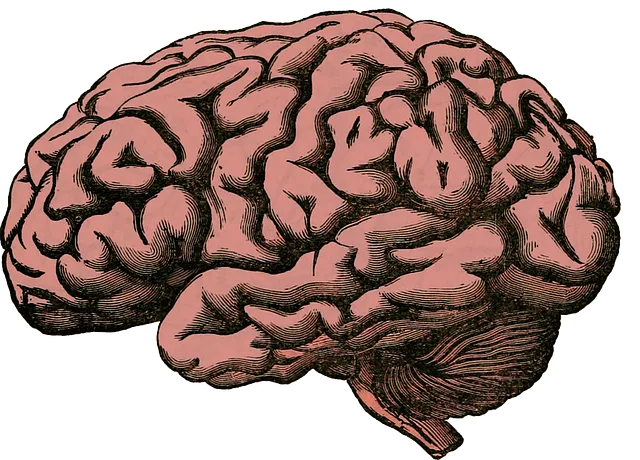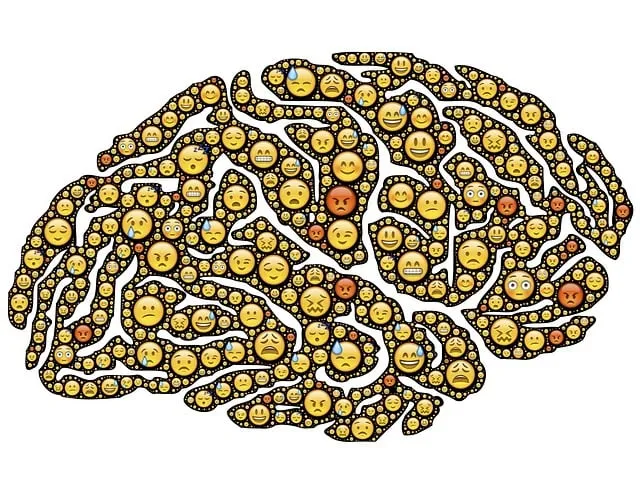Longmont and Kaiser offer robust mental health services with excellent therapists equipped to provide crisis intervention using evidence-based techniques like deep breathing, cognitive reframing, and active listening. They foster emotional regulation, reduce stigma, and prioritize therapist well-being, ensuring effective support for individuals in distress. "Longmont does Kaiser have good therapists?" The resounding answer is yes.
In times of crisis, effective intervention can make a world of difference. This article provides an in-depth look at crisis intervention strategies, guiding readers through essential elements like understanding crisis situations and the vital role of mental health services, as illustrated by Longmont and Kaiser’s approaches. We explore key characteristics of successful therapists and delve into practical strategies for providing effective crisis support. Discover how these insights can enhance your ability to assist individuals in need, ensuring positive outcomes, especially when questioning whether Longmont or Kaiser offers quality therapists.
- Understanding Crisis Intervention: A Brief Overview
- Longmont and Kaiser: Exploring Mental Health Services
- Characteristics of Effective Therapists in Crisis Situations
- Strategies for Providing Effective Crisis Intervention
Understanding Crisis Intervention: A Brief Overview

In the face of sudden or intense distress, effective crisis intervention can make a significant difference in an individual’s life. Crisis intervention strategies are designed to provide immediate support and guidance during challenging times, helping people cope with emotional turmoil and navigate through crises safely. It involves a structured approach to assess the situation, stabilize individuals, and facilitate their recovery. Longmont does Kaiser have good therapists? Indeed, many mental health professionals in Longmont offer specialized crisis intervention services, employing evidence-based techniques tailored to diverse needs.
The process often includes active listening, empathy, and the development of coping strategies for managing intense emotions like fear, anger, or sadness. Mood management is a crucial aspect, teaching individuals how to regulate their emotional states effectively. Crisis Intervention Guidance can take various forms, from one-on-one counseling sessions to group support programs, all aimed at empowering people to overcome immediate challenges and build long-term resilience. Mental health education programs designed with crisis intervention in mind can also help communities prevent and mitigate the impact of future crises by fostering a deeper understanding of emotional well-being.
Longmont and Kaiser: Exploring Mental Health Services

Longmont and Kaiser have emerged as prominent hubs for exploring mental health services, providing residents with a range of options to support their emotional well-being. Many are curious about Longmont does Kaiser have good therapists? The answer lies in the diverse offerings from both organizations.
Kaiser, known for its comprehensive healthcare services, offers Mental Wellness Coaching Programs that focus on development and promotion techniques for mental health. These programs cater to individuals seeking guidance in managing stress, anxiety, or other emotional challenges. In contrast, Longmont’s community-based initiatives emphasize Emotional Well-being Promotion Techniques through various workshops and support groups, fostering a sense of belonging and resilience among participants. Both approaches play a vital role in the overall well-being of the community, ensuring residents have access to effective stress management tools and resources.
Characteristics of Effective Therapists in Crisis Situations

In crisis intervention settings, therapists play a pivotal role in providing immediate and effective support. Characteristics of excellent therapists in these situations include empathy, active listening, and calm presence. Empathy allows them to understand and validate the individual’s feelings, fostering trust and openness. Active listening ensures that the person in crisis feels heard and understood, while maintaining a composed demeanor can help de-escalate intense emotions. Longmont residents often wonder if Kaiser has good therapists, and the answer lies in their training and approach; cultural competency training is crucial, equipping therapists to handle diverse populations with sensitivity and awareness.
Preventing burnout is another vital aspect of crisis intervention. Therapists must prioritize self-care practices to maintain their well-being, ensuring they can provide consistent care over time. This includes setting boundaries, engaging in regular self-reflection, and seeking support when needed. By doing so, healthcare providers can offer sustained and compassionate assistance, making a significant impact on individuals facing crises, and ultimately enhancing the quality of care provided by Longmont’s Kaiser therapists.
Strategies for Providing Effective Crisis Intervention

In providing effective crisis intervention, a key strategy is to foster emotional regulation. Training individuals in mind over matter principles can empower them to manage intense emotions during crises. Techniques such as deep breathing, cognitive reframing, and grounding exercises help to stabilize individuals and promote clear thinking. By teaching these skills, therapists in Longmont, including those at Kaiser, can enable clients to better navigate future challenges.
Additionally, addressing the mental illness stigma reduction efforts is vital for creating a supportive environment. Stigma often prevents individuals from seeking help, so fostering understanding and empathy can encourage timely intervention. Therapists play a crucial role in normalizing mental health struggles and reducing barriers to care. This inclusive approach ensures that those in crisis feel accepted and supported, ultimately enhancing the effectiveness of the intervention.
In conclusion, effective crisis intervention requires a deep understanding of mental health services, like those offered by Longmont and Kaiser, and the ability to recognize and utilize strategies that foster positive outcomes. The characteristics of excellent therapists in these situations are paramount, and their skills can significantly impact an individual’s journey through crises. Therefore, it’s crucial to ensure that providers, such as those at Longmont and Kaiser, have the necessary training and resources to deliver quality care during challenging times.


